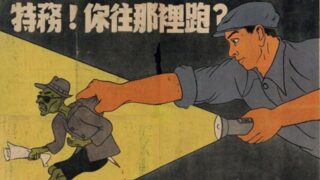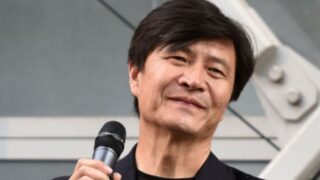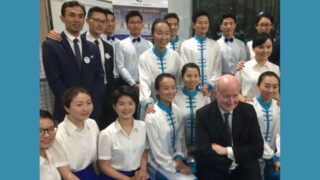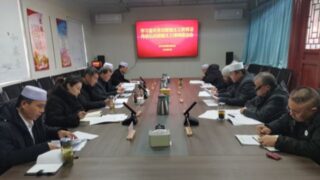The popular TV series “The Knockout” is mobilized by the CCP for a new campaign against religion.
by Zhou Kexin
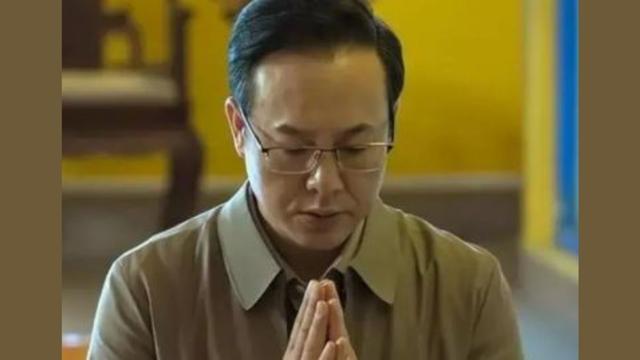

If you live in China, chances are you have seen at least some episodes of the TV series “The Knockout,” whose last installment was aired on February 1. It was well done, and immensely popular. It was also very political. Those who care to look at the titles noticed that the series was officially produced “under the guidance of the Central Political and Legal Affairs Commission of the Chinese Communist Party,” the all-powerful overseer of all police, security and courts of law in China.
“The Knockout” is a detective series with a chief villain, criminal boss Gao Qiqiang. A quintessential bad guy, he even has the one negative feature the Central Political and Legal Affairs Commission perhaps regards as more dangerous: he is a religious believer.
The China Anti-Xie-Jiao Association is a mammoth CCP organization whose mandate is to combat the religious movements banned as “xie jiao,” sometimes translated as “cults.” However, while it is at it, it slanders and fights all religions.
An extraordinary document published on February 13 by this Association as part of its educational material are guidelines on how to comment “The Knockout” during propaganda sessions.
The document insists on the fact that the villain Gao Qiqiang is a believer. We are told that Gao “goes to pray to God and Buddha to keep him safe, but in the end he cannot escape legal sanctions. Gao Qiqiang’s identity and experience tell us that the masses, party members, and officials must abide by the law, and superstition cannot save lawbreakers.”
Looking at Gao, one can understand what superstition is. It is by no means restricted to “cults.” “What we call feudal superstition, the text states, refers to believing in gods and ghosts, and following others in participating in anti-scientific activities because of blind belief and ignorant belief.” It is not about believing in the “wrong” gods. It is about believing in gods, in general.
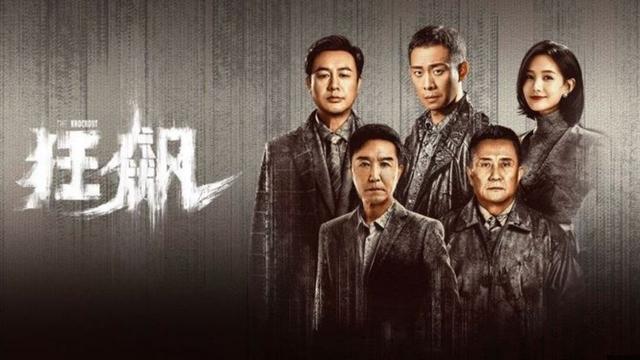

To be more precise, the guidelines emphatically proclaim that, “Faith in Communism is the vitality and lifeblood of CCP members. Party members who keep their faith in Communism will not lose their ‘calcium,’ their bones will be hard, they will be able to take a clear stand in the face of right and wrong, they will be able to stand firm in the face of all kinds of temptations, they will know ‘where they came from and where they are going.’ They will understand who they are and will not believe in gods or ghosts or Feng Shui.” (Xi Jinping does not like Feng Shui, although eradicating it from the Chinese masses would likely prove impossible).
“Marx, the text continues, once said: ‘Communism proceeds directly from atheism.’ All Chinese Communists should be firm materialists and atheists from the day they take the oath of joining the Party. CCP members are ‘special citizens’ who have higher political awareness, higher political beliefs, and stronger organizational discipline than ordinary citizens. The most fundamental thing for Communists to believe in Marxism is to adhere to thorough materialism and scientific atheism. This is a fundamental issue related to the essence of Party members and cadres. Party members who organize or participate in superstitious activities lose their correct beliefs, give up their theoretical arms, encourage superstition, run counter to the spirit of the Party and easily go astray in corruption and degeneration, damage the image of the Party and the government, and cause serious harm. They should be held accountable.”
The religious Gao Qiqiang becomes a criminal, but in the end he is defeated by the strong arm of the atheistic Communist Party. Atheism wins, religion loses. This simple message is inculcated again through all possible means—including TV series produced “under the guidance of the Central Political and Legal Affairs Commission of the Chinese Communist Party.”



